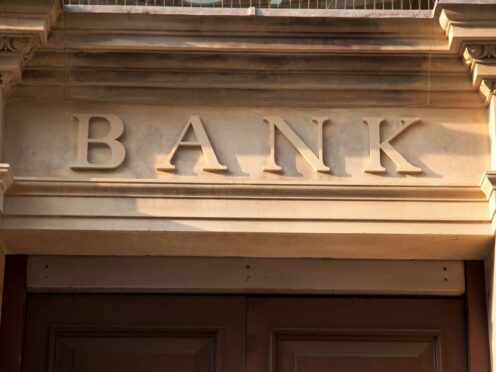
Debanking complaints to the official state ombudsman have surged over the past year, amid a sharp jump in businesses facing account closures.
New data published by Parliament’s Treasury Committee showed that the Financial Ombudsman received 3,858 complaints linked to debanking over the 2023/24 financial year.
It said this represented a 44% jump on the previous year and was up 69% over the past three years.
Dame Harriett Baldwin, chair of the committee, said the data has shown that some “legally operating businesses are being unfairly debanked”.
Debate grew around the topic last year when former politician Nigel Farage accused Coutts, which is owned by NatWest, of moving to shut down his account because it did not agree with his political beliefs.
It sparked wider discussion about the powers banks have to shut down personal and business accounts and their reasons for doing so.
The fresh data showed that businesses have seen a particular increase in account closures, with complaints from firms related to debanking rising by 81% to 666 for the past year.
The figures were confirmed in a letter to the committee by Abby Thomas, chief executive of the Financial Ombudsman Service.
Data in the correspondence also showed a rise in the proportion of these complaints being upheld, rising to 36% in the favour of complainants from around 27%.
Ms Baldwin said: “When we set out on our inquiry into financing for small and medium-sized businesses, we weren’t necessarily expecting de-banking to emerge as a key issue.
“But as they say, you must go where the evidence takes you – and it’s clear there is evidence that some legally operating businesses are being unfairly debanked.
“Banks should be doing all they can to support small business in this country, not pulling the rug out from beneath them with little warning.
“I expect our report will have something to say about what we’ve uncovered.”

Enjoy the convenience of having The Sunday Post delivered as a digital ePaper straight to your smartphone, tablet or computer.
Subscribe for only £5.49 a month and enjoy all the benefits of the printed paper as a digital replica.
Subscribe